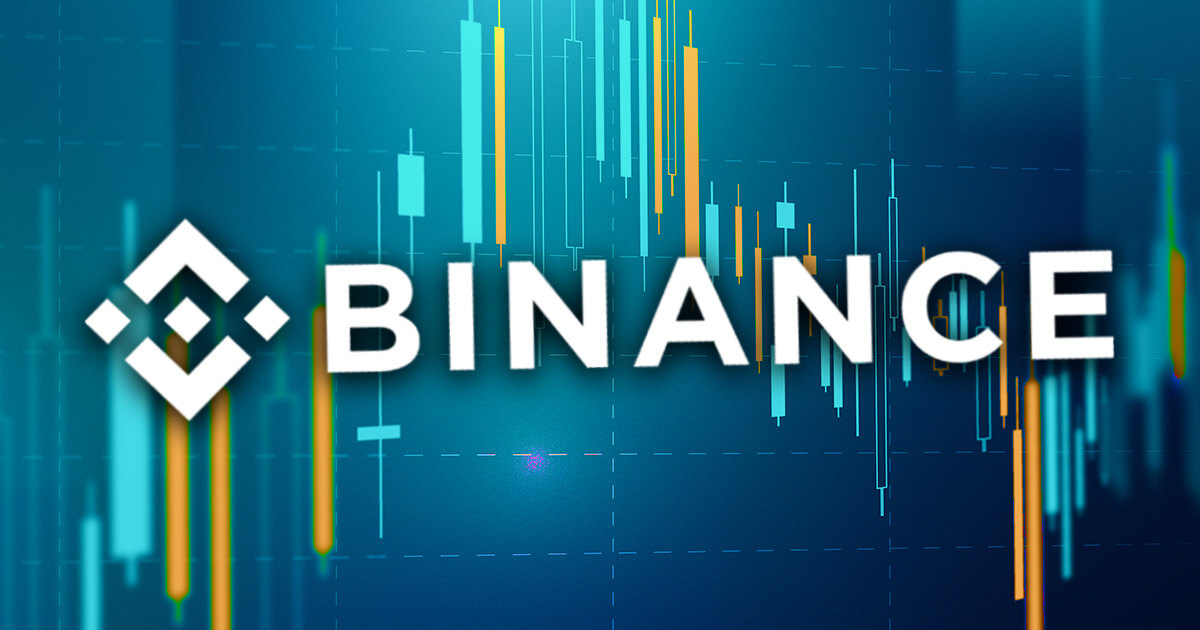Binance, a leading cryptocurrency exchange, believes that the key principles of a regulatory framework for crypto-assets should be geared towards consumer protection, market integrity, and financial stability. This was in response to the UK’s HM Treasury’s recent consultation on the regulation of crypto-assets. Binance emphasized the need for a balanced approach to regulation, ensuring that the crypto industry can continue to grow and innovate in a competitive environment. Excessive regulation, warned Binance, could push consumers towards unregulated markets and operators, which could lead to financial stability issues.
Consistent Treatment and Nuances
Binance agreed that the financial services activity of crypto-assets should be appropriately defined and regulated, but the regulatory regime must not affect the underlying non-financial activity of a crypto-asset. Binance suggested that crypto-assets that share similar risks with traditional financial assets should be treated the same under the regulatory framework. In addition, the nuances of different crypto-assets should be taken into account, and regulations should be adapted accordingly to accommodate these assets and their underlying technology.
Disclosures and DeFi
Binance also called for the creation of “pragmatic” rules around disclosures for crypto-assets to ensure consumers have access to the right information. The exchange recommended that exchanges should be responsible for the listing and delisting process for new cryptocurrencies and should perform the necessary due diligence on issuers. Any violations or lapses will be the responsibility of the exchanges.
Binance also supported the introduction of a proper regulatory framework for admission and believed that market abuse would decline once these rules came into effect, leading to greater surveillance of the markets. The exchange also cautioned that the UK Treasury must carefully and clearly define DeFi in the regulatory regime, given that its future development is uncertain. Given that DeFi affects markets differently from traditional financial services and carries its own unique risks and advantages, its evolving nature should be considered when drafting legislation and policies for the industry.

